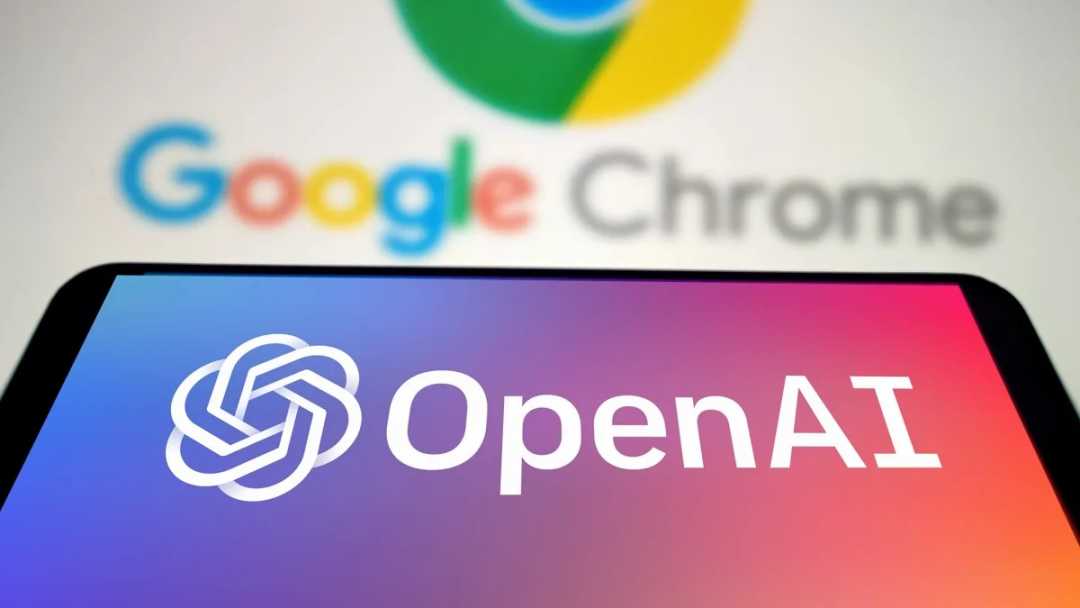The browser’s core innovation lies in its native integration of OpenAI’s Agent technology, including the upcoming Operator tool, which enables automated task execution like booking reservations, form filling, and data analysis directly within the interface. This "AI-first" design philosophy allows users to complete complex workflows without navigating between tabs, addressing a critical pain point in modern web usage. OpenAI has strategically recruited key members of Chrome’s original development team, including Ben Goodger and Darin Fisher, to ensure technical parity while introducing novel AI-driven features.
With 400 million weekly active ChatGPT users,OpenAI possesses a massive potential user base to jumpstart adoption. The browser’s launch comes at a pivotal moment: Google faces antitrust pressure over Chrome’s role in its search monopoly, while competitors like Perplexity’s Comet and Brave’s AI-enhanced browsers vie for market share9. OpenAI’s hybrid approach—combining closed-source AGI research with open-source Chromium—aims to balance innovation with compatibility, ensuring seamless access to existing websites and extensions.
Analysts note that the browser could significantly impact Google’s advertising revenue, as Chrome currently routes 75% of Alphabet’s search traffic and collects behavioral data for targeted ads. By keeping users within its AI-driven ecosystem, OpenAI stands to capture valuable interaction data to refine its models, creating a feedback loop that strengthens both its browser and ChatGPT offerings. This strategy mirrors Google’s historical use of Chrome to solidify its search dominance, but with AI as the differentiator.
However, challenges remain. Chrome’s entrenched user habits and Google’s ongoing investments in Gemini integration pose formidable barriers. OpenAI must also navigate regulatory scrutiny over data practices and ensure its browser complies with evolving AI ethics guidelines. Despite these hurdles, the browser’s launch marks a bold step toward OpenAI’s vision of embedding AI into every layer of digital life, from chatbots to core infrastructure. As the AI browser war intensifies, OpenAI’s move could redefine the internet’s power dynamics, shifting control from search giants to AI-first platforms.








